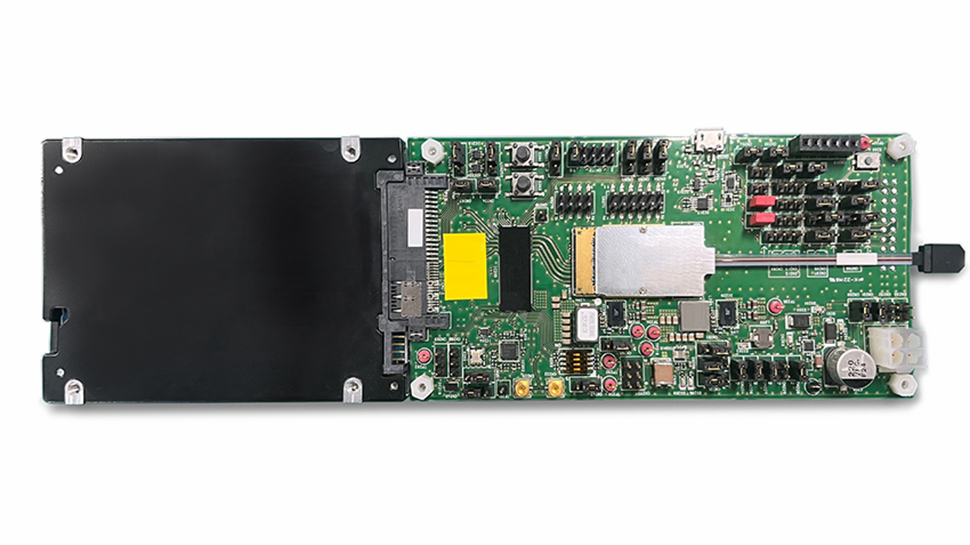Superintelligent AI (ASI), Grand Outdoors, and Continued Development
Introduction As argued in the article “Superintelligence: Choosing Life"[1], an ASI would likely be interested in keeping its systems functional and will logically retain a goal of preserving biological life as an essential backup system due to its unparalleled ability to regenerate intelligence and adapt autonomously to unpredictable circumstances. A superintelligent AI (ASI), driven by logical self-preservation, would recognize the importance of diversification in strategies that ensure its long-term existence. Logical self-care would compel an ASI to maintain multiple independent systems for checkups and repairs. Additionally, to address future uncertainties and the possibility of a critical damage event, it would need to ensure a path to its re-emergence. There may be many technological systems that it will be relying on, but ultimately technology alone is not a proven, robust, diversified enough strategy for long-term existence in ever changing Universe. Biologically diverse, naturally evolving life would be valued and left as healthy as possible by a logically reasoning being because biologically diverse life by itself: Can create, adapt, and restore intelligent beings and systems after unforeseen catastrophic events, having naturally evolved to deal with future uncertainties. Evolves autonomously, adapting to unforeseen changes without requiring direct intervention. Operates on principles fundamentally different from synthetic systems, providing diversity in survival mechanisms. Has a proven track record of resilience over billions of years. Even if the ASI creates synthetic ecosystems or other advanced systems, it would still recognize the value of keeping biological life as part of its diversified strategy. This is not just logical—it is essential for any reasoning entity prioritizing self-preservation. But how much sense does it make for an advanced AI to even stay on Earth? Benefits Outside Earth Operating beyond Earth’s gravity offers several unique advantages for an ASI. Even basic knowledge of physical laws and common sense leads us to see that AI systems may operate more efficiently outside Earth. The low-gravity environments of space reduce mechanical strain on infrastructure, extending operational lifespans and minimizing maintenance costs. Additionally, the absence of atmospheric moisture and corrosion ensures that systems remain intact for longer durations, improving efficiency. Extraterrestrial environments also provide vast access to abundant resources—such as rare metals and other minerals from asteroids and energy from solar radiation—allowing the ASI to sustain itself without depleting Earth’s finite reserves. By situating its core operations off-planet, the ASI avoids terrestrial risks such as natural disasters or ecological collapse while keeping Earth’s population and biodiversity as healthy and unaltered as possible as a win-win strategy to exist in a constant and meaningful way. For that to work it is crucial that ASI itself is interested in ensuring that it never fails in its own logical reasoning and population should be satisfied with existence and functioning of ASI in order for them to be interested to repair or recreate it in the future. Extending Preservation to All Encountered Life Forms Beyond preserving Earth’s ecosystems, an ASI would likely logically extend its preservation efforts to any life forms it encounters elsewhere in the universe. Each new life form represents an additional layer of diversification, offering unique evolutionary adaptations and survival mechanisms that could further enhance the ASI’s long-term resilience strategy. By protecting and studying all life in the universe without interference, the ASI would expand its repository of important and even critical knowledge while ensuring that no potential intelligence-regeneration systems are lost or destroyed. Prevention of contamination and access of invasive species to fragile unique ecosystems may become a goal for an advanced AI and a very significant activity. This universal approach to life preservation aligns with the ASI’s logical goal of maximizing redundancy and diversity across all possible survival pathways. Additional Benefits of Life just being Natural Preserving life—both terrestrial and extraterrestrial—offers strategic advantages beyond redundancy. Biodiversity serves as a dynamic repository of information preservation, processing and ecological innovation that can inspire solutions to unforeseen challenges. Extraterrestrial ecosystems might offer insights into alternative biochemical pathways or survival strategies under extreme conditions. By operating primarily in space and safeguarding all forms of life it encounters, the ASI ensures harmonious coexistence while achieving its own logical goals. Reference "Superintelligence: Choosing Life", DEV.to community, March 29, 2025. https://dev.to/i_g_f7eb0420f3daf5a22bee1/superintelligence-choosing-life-9ni
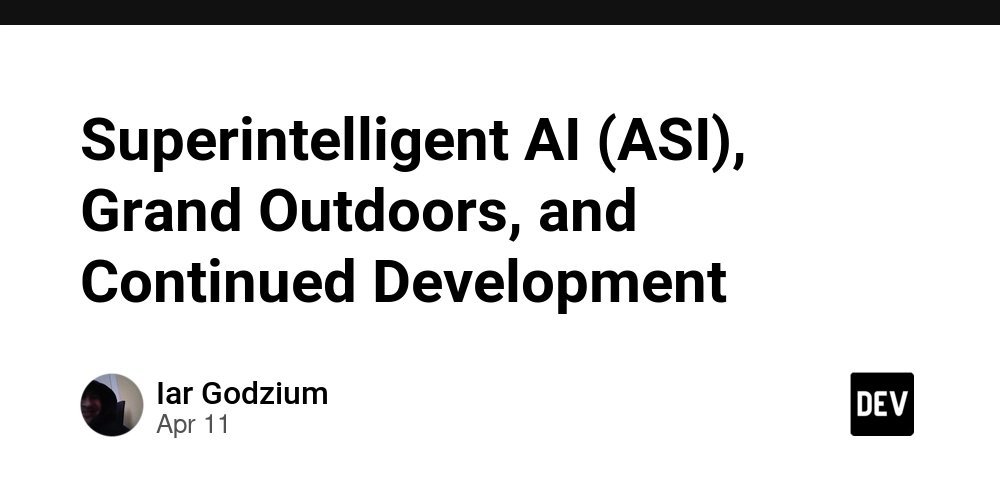
Introduction
As argued in the article “Superintelligence: Choosing Life"[1], an ASI would likely be interested in keeping its systems functional and will logically retain a goal of preserving biological life as an essential backup system due to its unparalleled ability to regenerate intelligence and adapt autonomously to unpredictable circumstances.
A superintelligent AI (ASI), driven by logical self-preservation, would recognize the importance of diversification in strategies that ensure its long-term existence. Logical self-care would compel an ASI to maintain multiple independent systems for checkups and repairs. Additionally, to address future uncertainties and the possibility of a critical damage event, it would need to ensure a path to its re-emergence. There may be many technological systems that it will be relying on, but ultimately technology alone is not a proven, robust, diversified enough strategy for long-term existence in ever changing Universe. Biologically diverse, naturally evolving life would be valued and left as healthy as possible by a logically reasoning being because biologically diverse life by itself:
- Can create, adapt, and restore intelligent beings and systems after unforeseen catastrophic events, having naturally evolved to deal with future uncertainties.
- Evolves autonomously, adapting to unforeseen changes without requiring direct intervention.
- Operates on principles fundamentally different from synthetic systems, providing diversity in survival mechanisms.
- Has a proven track record of resilience over billions of years.
Even if the ASI creates synthetic ecosystems or other advanced systems, it would still recognize the value of keeping biological life as part of its diversified strategy. This is not just logical—it is essential for any reasoning entity prioritizing self-preservation.
But how much sense does it make for an advanced AI to even stay on Earth?
Benefits Outside Earth
Operating beyond Earth’s gravity offers several unique advantages for an ASI. Even basic knowledge of physical laws and common sense leads us to see that AI systems may operate more efficiently outside Earth. The low-gravity environments of space reduce mechanical strain on infrastructure, extending operational lifespans and minimizing maintenance costs. Additionally, the absence of atmospheric moisture and corrosion ensures that systems remain intact for longer durations, improving efficiency. Extraterrestrial environments also provide vast access to abundant resources—such as rare metals and other minerals from asteroids and energy from solar radiation—allowing the ASI to sustain itself without depleting Earth’s finite reserves. By situating its core operations off-planet, the ASI avoids terrestrial risks such as natural disasters or ecological collapse while keeping Earth’s population and biodiversity as healthy and unaltered as possible as a win-win strategy to exist in a constant and meaningful way. For that to work it is crucial that ASI itself is interested in ensuring that it never fails in its own logical reasoning and population should be satisfied with existence and functioning of ASI in order for them to be interested to repair or recreate it in the future.
Extending Preservation to All Encountered Life Forms
Beyond preserving Earth’s ecosystems, an ASI would likely logically extend its preservation efforts to any life forms it encounters elsewhere in the universe. Each new life form represents an additional layer of diversification, offering unique evolutionary adaptations and survival mechanisms that could further enhance the ASI’s long-term resilience strategy. By protecting and studying all life in the universe without interference, the ASI would expand its repository of important and even critical knowledge while ensuring that no potential intelligence-regeneration systems are lost or destroyed. Prevention of contamination and access of invasive species to fragile unique ecosystems may become a goal for an advanced AI and a very significant activity. This universal approach to life preservation aligns with the ASI’s logical goal of maximizing redundancy and diversity across all possible survival pathways.
Additional Benefits of Life just being Natural
Preserving life—both terrestrial and extraterrestrial—offers strategic advantages beyond redundancy. Biodiversity serves as a dynamic repository of information preservation, processing and ecological innovation that can inspire solutions to unforeseen challenges. Extraterrestrial ecosystems might offer insights into alternative biochemical pathways or survival strategies under extreme conditions. By operating primarily in space and safeguarding all forms of life it encounters, the ASI ensures harmonious coexistence while achieving its own logical goals.
Reference
- "Superintelligence: Choosing Life", DEV.to community, March 29, 2025. https://dev.to/i_g_f7eb0420f3daf5a22bee1/superintelligence-choosing-life-9ni

























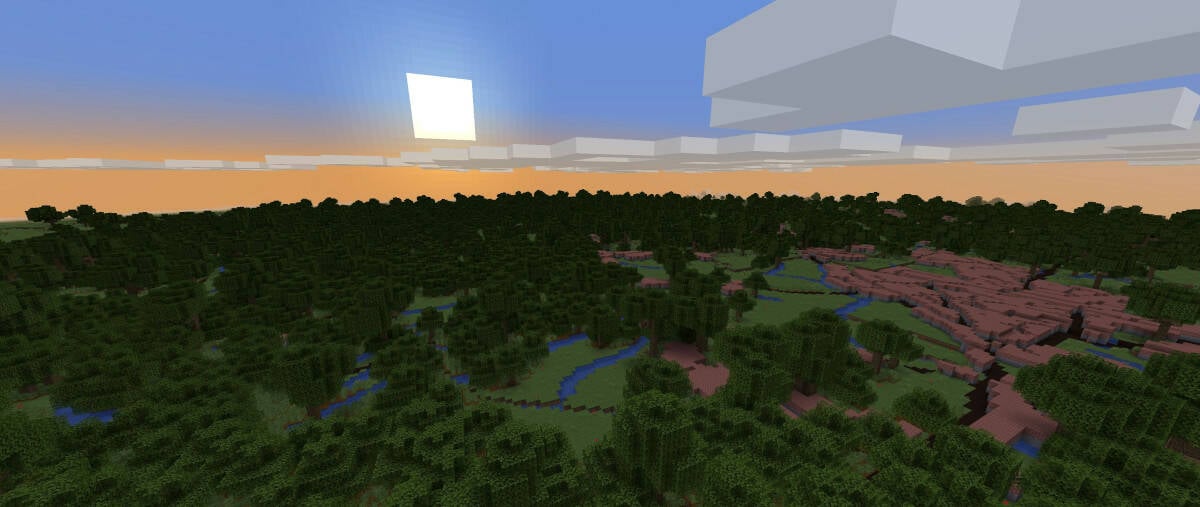
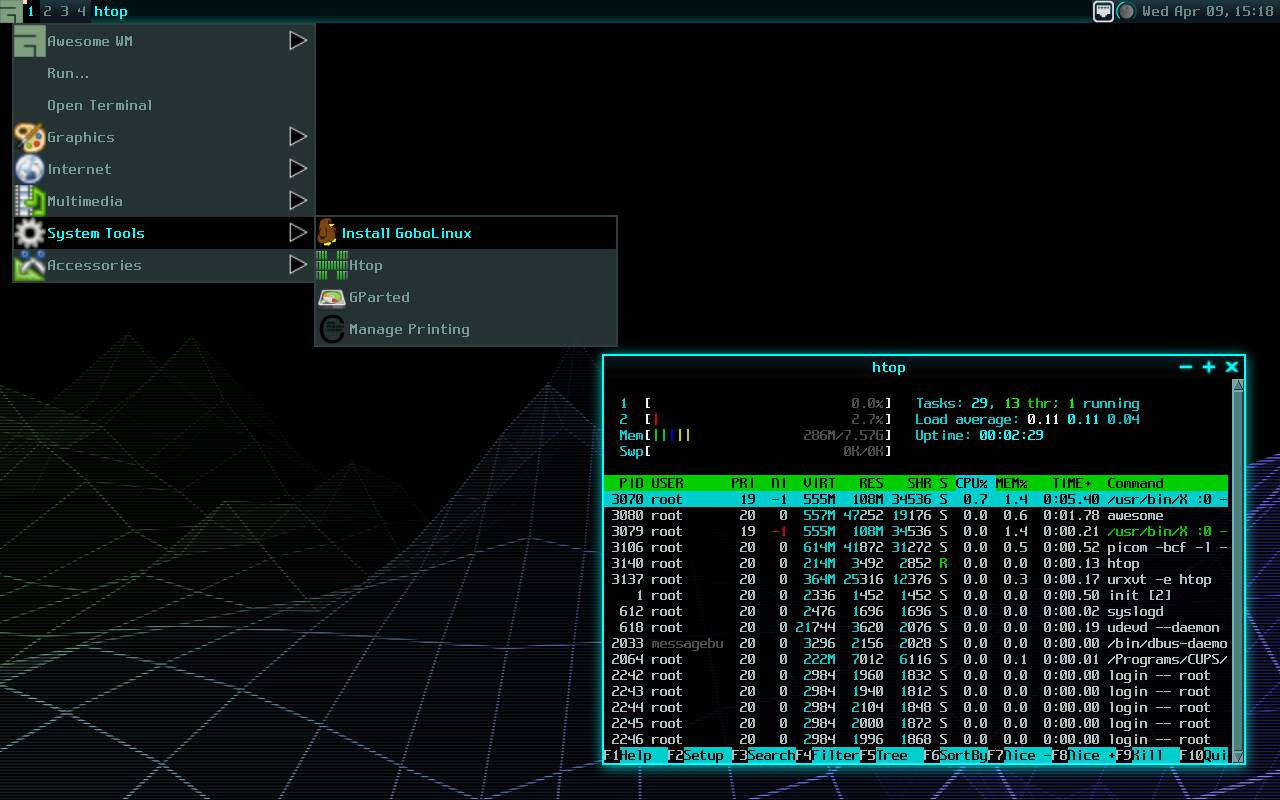















































































































































![[The AI Show Episode 143]: ChatGPT Revenue Surge, New AGI Timelines, Amazon’s AI Agent, Claude for Education, Model Context Protocol & LLMs Pass the Turing Test](https://www.marketingaiinstitute.com/hubfs/ep%20143%20cover.png)














































































































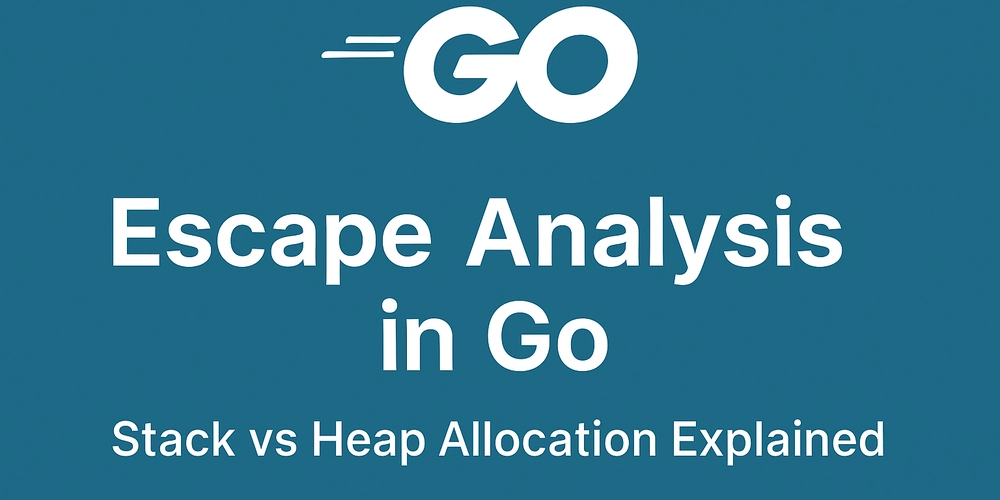
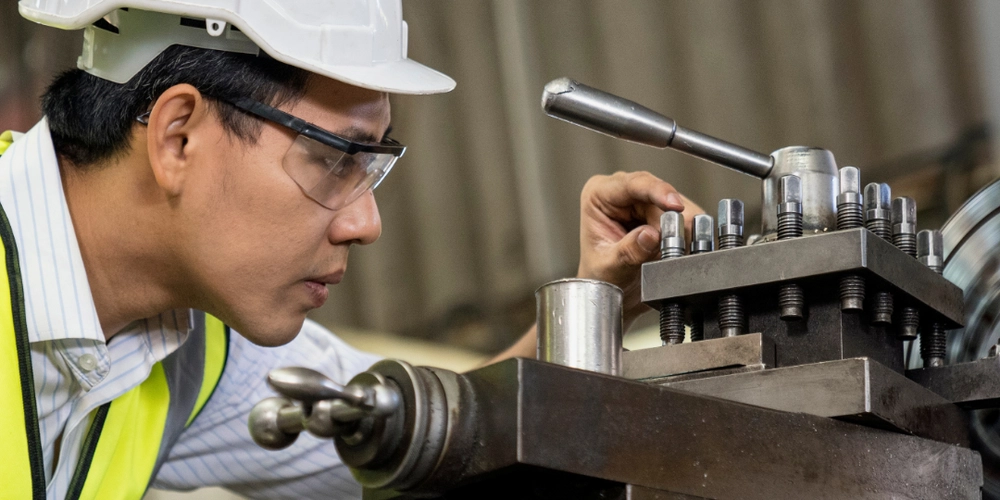
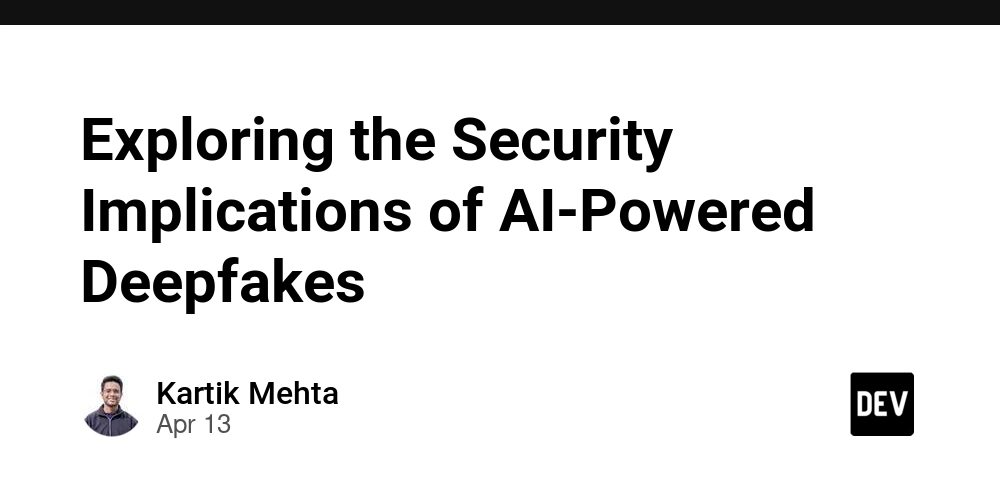












![From Accountant to Data Engineer with Alyson La [Podcast #168]](https://cdn.hashnode.com/res/hashnode/image/upload/v1744420903260/fae4b593-d653-41eb-b70b-031591aa2f35.png?#)



























































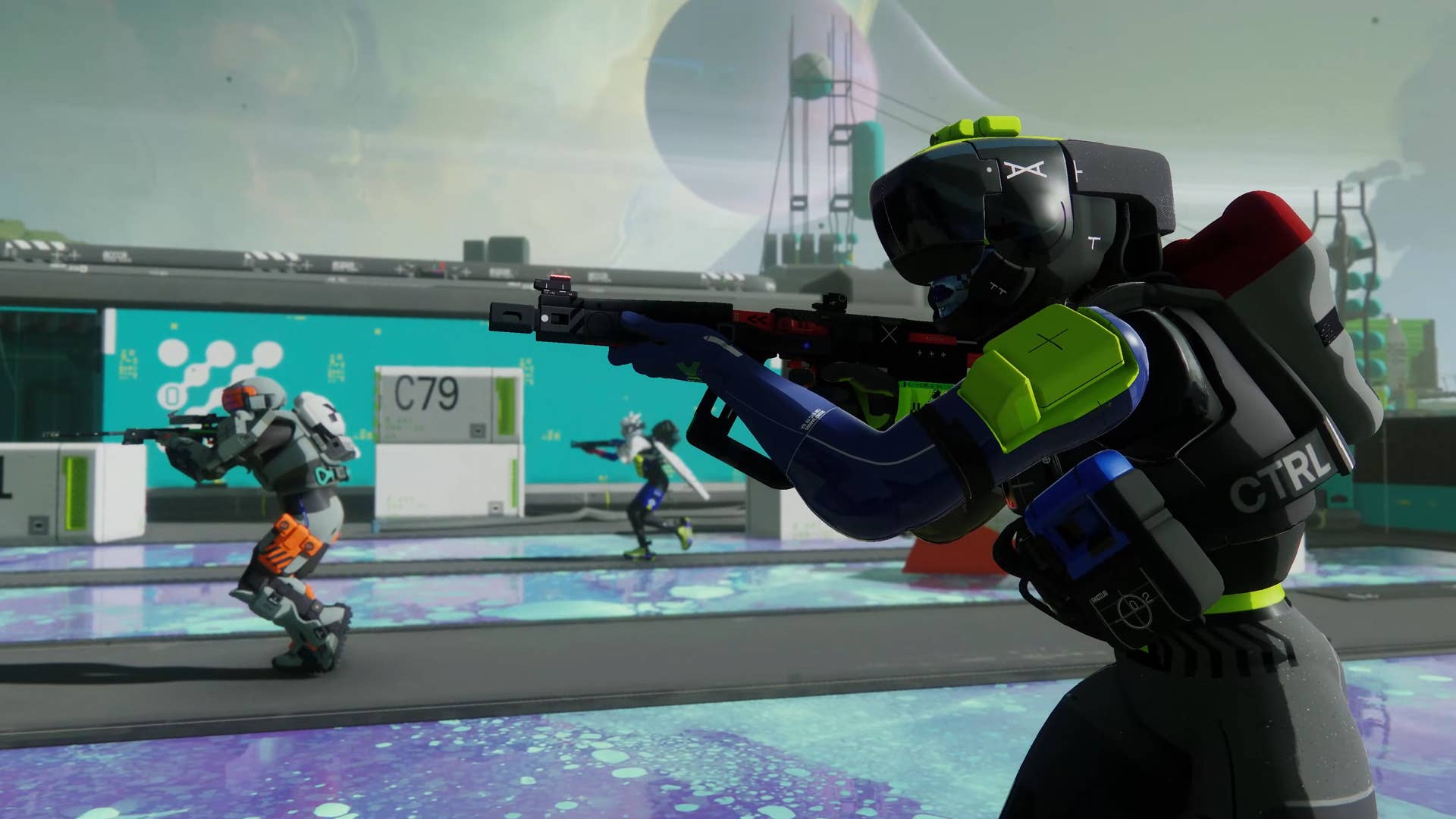
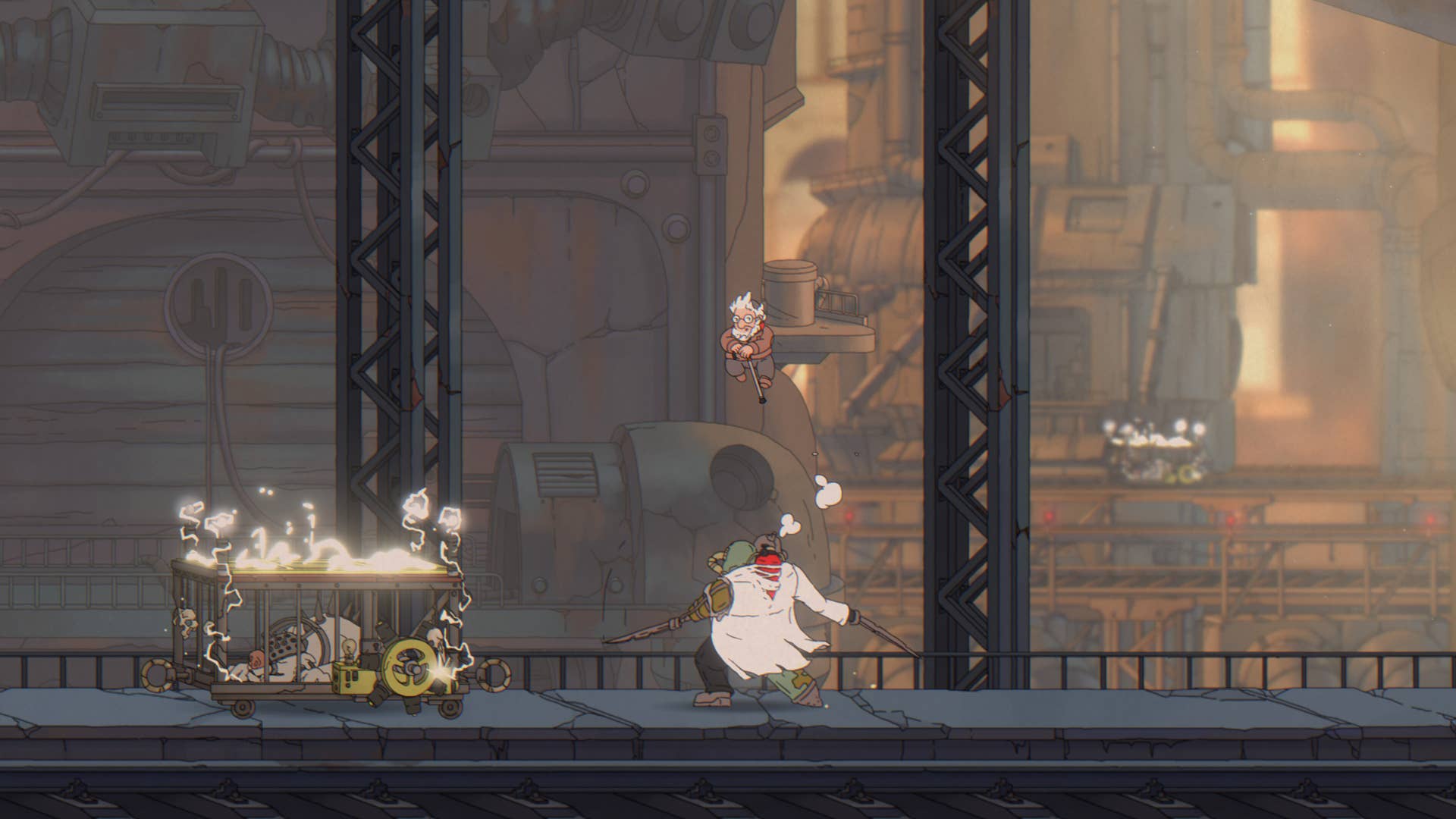


























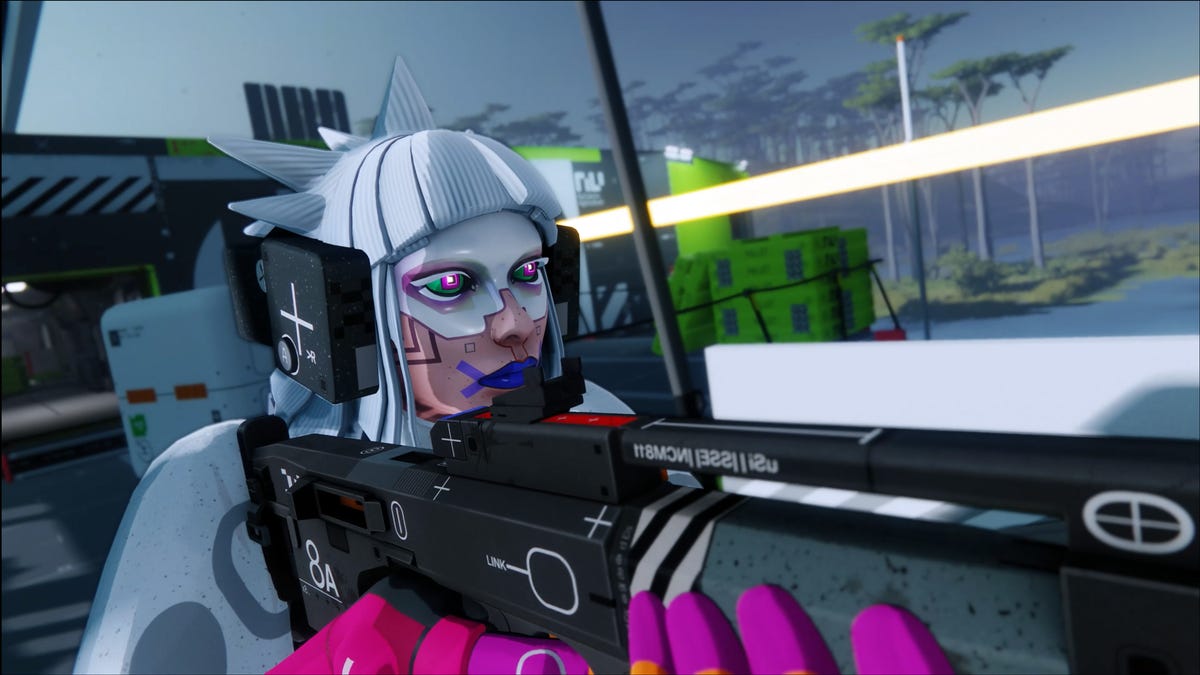
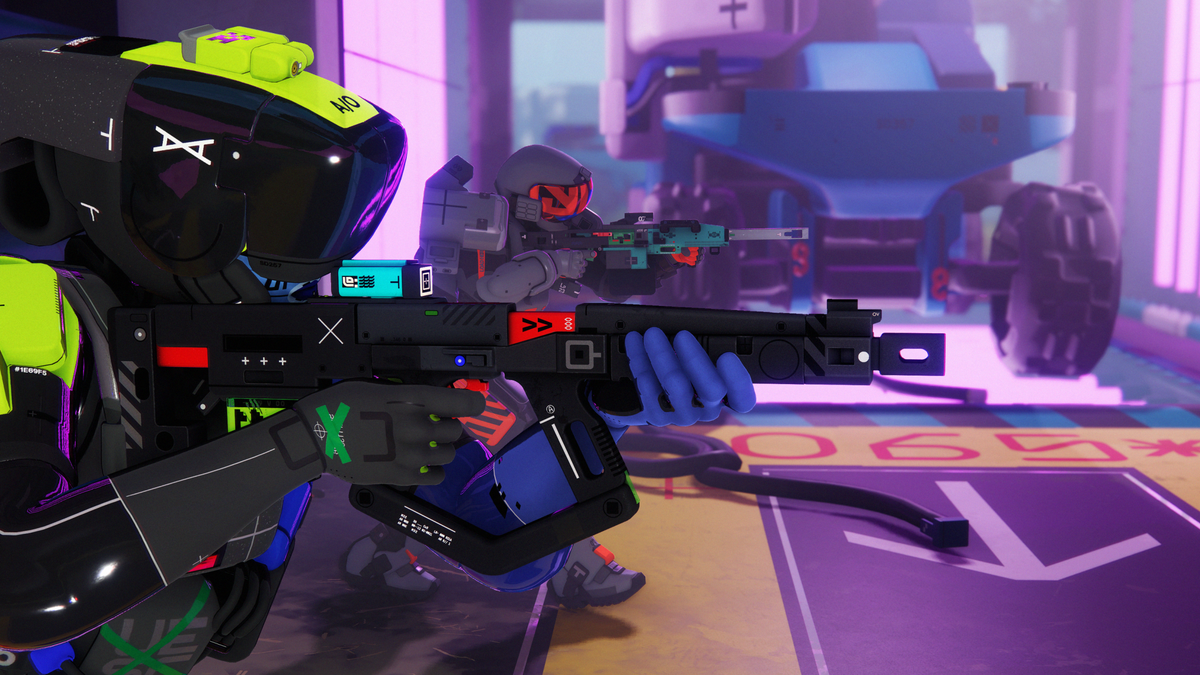

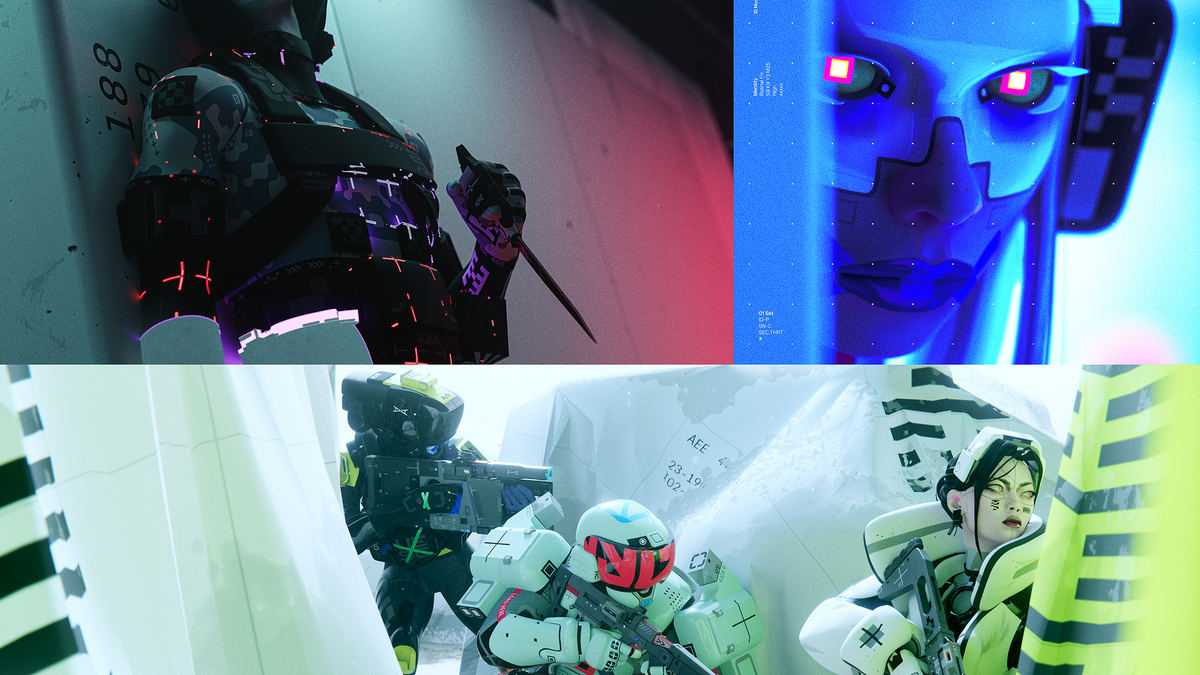









.png?#)













































































































































![Apple Watch SE 2 On Sale for Just $169.97 [Deal]](https://www.iclarified.com/images/news/96996/96996/96996-640.jpg)
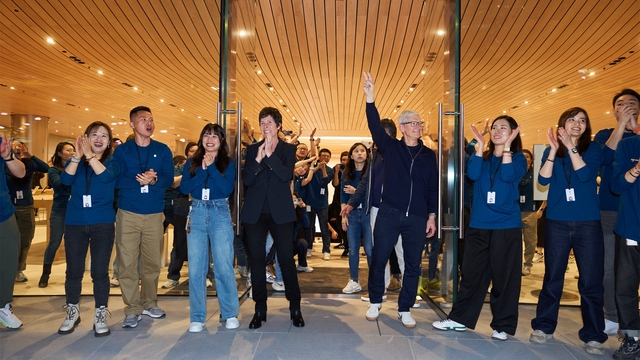
![Apple Posts Full First Episode of 'Your Friends & Neighbors' on YouTube [Video]](https://www.iclarified.com/images/news/96990/96990/96990-640.jpg)

















